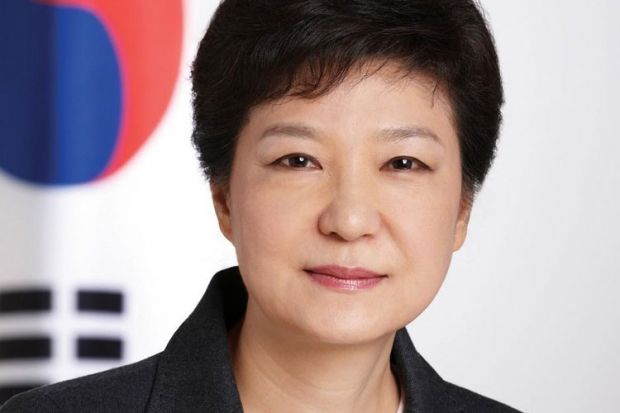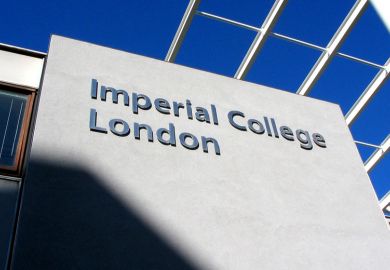Source: www.president.go.kr
Among the agreements signed was a strategic arrangement for the Korean Advanced Institute of Science and Technology to work more closely with Imperial. The university also signed an agreement to enhance UK-Korean research in hydrogen and fuel cell technologies.
Speaking during the visit on 6 November, President Park Geun-hye outlined her vision for a new model of economic growth that exploits creativity and innovation.
To help realise this goal, she announced that South Korea will increase the amount of money it invests in research and development.
In 2010, South Korea spent 3.74 per cent of its gross domestic product on research and development, according to the World Bank. By comparison the UK spent 1.78 per cent in the same year.
She said that now was the time for South Korea and the UK to work together on innovation and hoped that the two countries could produce new technologies that will one day surprise people.
James Stirling, Imperial’s provost, said the institution was “tremendously excited” about playing a “leading role” in partnerships with South Korea.
Speaking at the event, universities and science minister David Willetts said that international collaboration in higher education is essential if the UK wants to remain ahead in the global race for science and innovation.
He added that South Korea was a model of successfully translating innovation into the market place.
“UK and Korea have similar priorities and face similar challenges. Successful collaboration already exists in areas such as energy, Alzheimer’s disease, and plastic electronics,” Mr Willetts said.
Earmarked for potential further collaboration with Korean universities is the field of synthetic biology, which is the engineering of living cells.
Fuel cells, flexible electronics and synthetic biology are all included in Mr Willett’s eight great technologies – a list of innovative research areas, announced in January, that the government believes will propel future growth which it has funded to the tune of £600 million.
Richard Kitney, co-director of the Centre of Synthetic Biology and Innovation at Imperial, said: “We already collaborate with Korea and hope to strengthen and deepen this relationship.”




